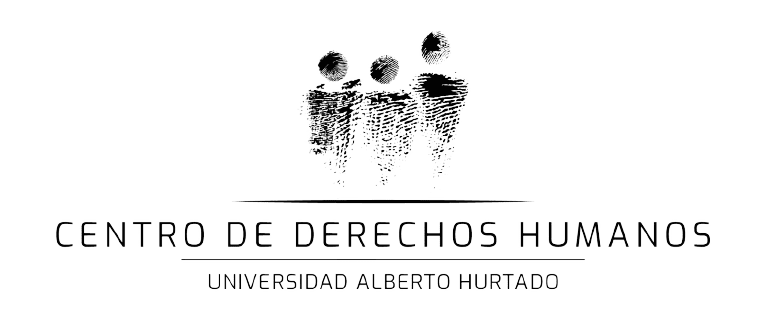Departamento de Lengua y Literatura UAH – California University.
Este programa explora en Chile y Argentina temas de derechos humanos y memoria cultural a través de cursos interdisciplinarios y actividades culturales. Las clases abordan las producciones culturales y el contexto histórico de la transición la sociedad chilena en relación con la memoria y el restablecimiento de la justicia. Este programa se aproxima a los derechos humanos desde dos perspectivas: como un problema histórico localizado en Chile y como un fenómeno global que puede ser observado a través de las actuales situaciones de pobreza y desarrollo en Chile.
Memory and Human Rights PROGRAM
The program examines, broadly speaking, the problem of human rights and memory in Chile from a social and cultural perspective. The two courses offered in this program are: Human Rights, Poverty, and Development in Chile Memory and Human Rights: Chilean Literature, Film & Media
Human Rights, Poverty, and Development in Chile
The objective of this course is to develop a general study of the category of human rights; its relation with the human rights violations committed during the dictatorship; its connection with poverty and social politics; and the cultural practices aiming to bring about reparations, justice, and memory. At the same time, this course will seek to discuss the themes of human rights and poverty in Latin America and Chile. It’s worth noting, further, that the program includes an experiential approach which will be realized through guided tours of community organizations that develop programs for the vulnerable sectors of Chilean society.
Memory and Human Rights: Chilean Literature, Film & Media
This course explores a variety of relations between film, literature, memory, and human rights, using Chile’s recent history as a case study. We will look at social and cultural representation of the coup d’état and its aftermaths: the dictatorship, exile, torture, disappearances, human rights trials, and transition to democracy.
In recent years and across a variety of disciplines there has been an emergence of “memory studies”, a field that places memory at the center of attention and conceives it as the locus where several negotiations are at play––between the state and the citizen, nation and identity, the self and the collective, media and representation, and historical events and their traumatic outcomes. Memory as a category has a multiplicity of meanings and it enables the articulation of specific discourses in the realms of human rights, justice, and the arts. The class expands its questioning of memory and human rights beyond the topic of the military dictatorship, studying how human rights and its multiple conflicts configure a politics of the present.
